This Rabi' al-Awwal to Mark the 1499 Years Since the Birth of Prophet Muhammad ﷺ and the 1500th Birthday
As the new moon of the month of Rabi' al-Awwal AH 1446 was sighted in various parts of the world, the Muslim world is set to mark a significant moment in Islamic history: it has been 1499 years since the birth of Prophet Muhammad ﷺ, and, according to the lunar calendar, his 1500th birthday will fall on the 12th of this Rabi' al-Awwal this year if we consider his day of birth as the first birthday. Born on Monday, the 12th of Rabi' al-Awwal, 53 years before the Hijra (5 May 570 CE), the Prophet's life and teachings continue to be a source of inspiration for humankind worldwide.
As the most influential person in human history, the life and teachings of the Prophet ﷺ remain in the limelight even after 1500 years. New studies and perspectives on his life and mission are frequently published around the world. He is a subject of study and discussion in both academic and popular spheres, making him the most written-about person in history. His name, Muhammad, is the most popular name used globally.
The month of Rabi' al-Awwal, the third month of the Islamic lunar calendar, provides an opportunity to remember his esteemed biography, celebrate his noble character, and express deep love and reverence for him. Many significant events in his life, such as his birth, passing, and the Hijra, occurred during this month.
Many Muslims mark Milad al-Nabi or Mawlid al-Nabawi by gathering in mosques or community centres to recite passages from the Quran and Hadith that focus on the life and teachings of the Prophet Muhammad ﷺ. These recitations are often accompanied by sermons or lectures emphasising the Prophet's character, his role as a messenger, and his teachings on morality, compassion, and justice.
In many countries, communities organize Mawlid gatherings or processions to celebrate the Prophet's birthday. These gatherings may include the singing of nasheed or religious hymns that praise the Prophet ﷺ and recount events from his life, Storytelling and Narratives about the life (Seerah) of the Prophet ﷺ, including stories of his birth, his prophethood, his character, and his impact on the world, and chant sweats. In some cultures, people participate in processions, often carrying banners, chanting religious slogans, and distributing sweets to commemorate the joyful occasion.
Many Muslims use this occasion as an opportunity to engage in acts of charity and community service, reflecting the Prophet’s teachings on compassion, generosity, and care for the less fortunate. This might include donating to the poor and needy and distributing food, clothing, and other essentials to those in need. Some volunteer at local charities or community centres by offering time and resources to benefit others, inspired by the Prophet’s example of selflessness.
In many countries, it is customary to decorate mosques, homes, and streets with lights and banners to celebrate the birth of the Prophet. These decorations often feature religious symbols, Arabic calligraphy, and verses from the Quran. The atmosphere is festive, with public buildings and landmarks illuminated to mark the occasion.
Milad al-Nabi is often celebrated with communal meals and feasts. Families and communities come together to share food, often including special dishes prepared specifically for this occasion. In some cultures, sweets and desserts are distributed among family, friends, and neighbours as a gesture of goodwill and celebration.
Many communities organize educational programs, seminars, and cultural events to deepen their understanding of the Prophet’s teachings. These events might include lectures and panel discussions on the significance of the Prophet’s life and its relevance to contemporary issues. They also organize workshops for children and youth to learn about the Seerah (life of the Prophet) and Islamic values. Competitions such as Quran recitation, poetry, and essay writing focused on the Prophet’s teachings are also held on this occasion.
Some Muslims choose to fast on the day of Milad al-Nabi as an act of worship and reflection. Fasting is seen as a way to purify the soul and commemorate the Prophet’s life and dedication to the service of Allah.
Some Islamic scholars, particularly within the Salafi and Wahhabi traditions, regard the celebration of the Prophet’s birthday as an innovation (bid’ah) that was not observed during the early years of Islam. They argue that while loving and venerating the Prophet is essential, creating new religious practices around his birth is not permissible. However, the majority of traditional Sunni scholars believe that as long as the celebrations are focused on education, reflection, worship and other permitted forms of good acts, they are a valid expression of love for the Prophet.
Disclaimer
The views expressed in this article are the author’s own and do not necessarily mirror Islamonweb’s editorial stance.

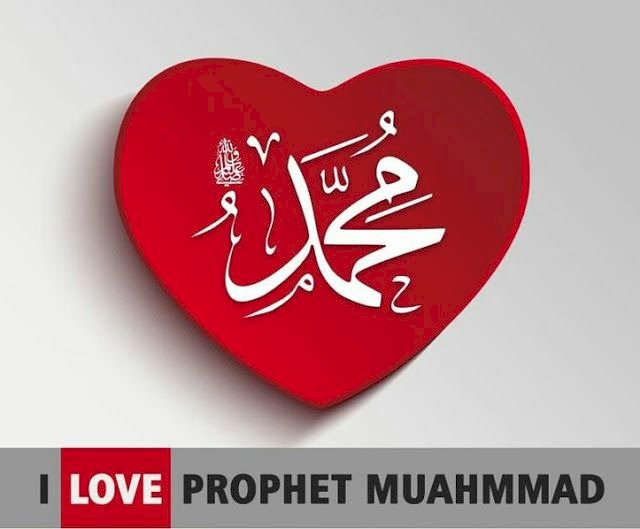


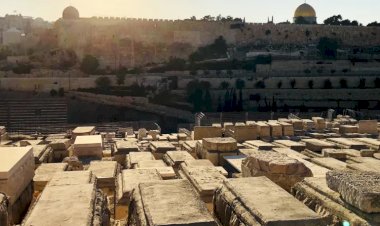
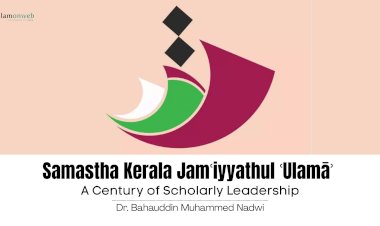
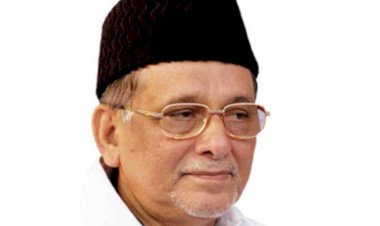
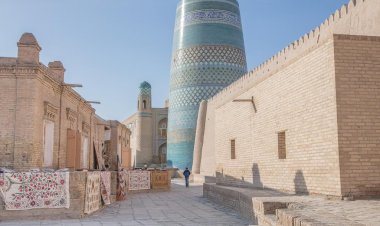
















Leave A Comment